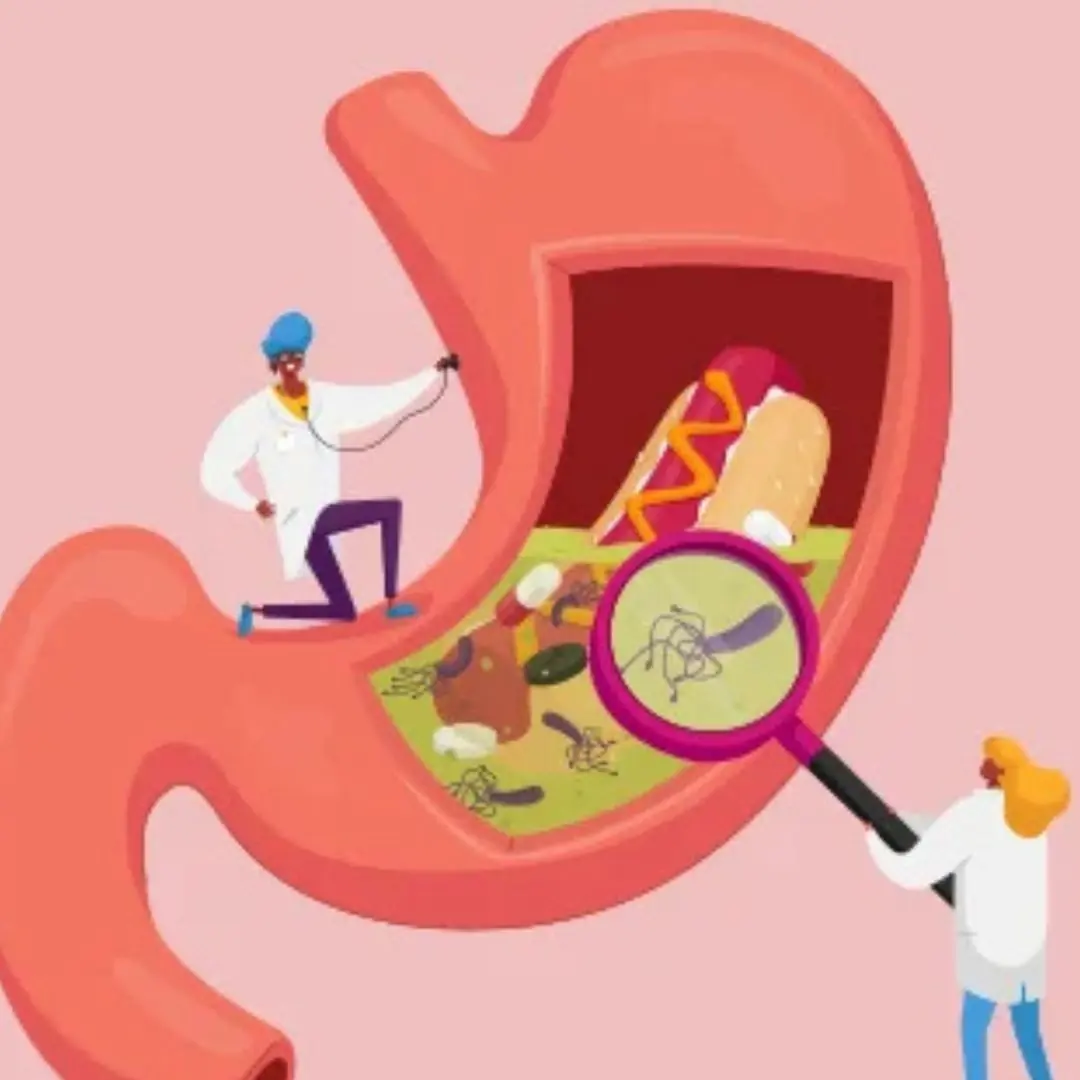
What Really Happens to Your Body When You Skip Dinner for a Month
Skipping dinner for a month might sound like a quick and easy way to lose weight — and yes, the number on the scale might drop. But beneath that short-term success, your body could be undergoing a series of not-so-healthy changes, from nutrient deficiencies to muscle loss and a slower metabolism. According to health experts, completely cutting out your evening meal is one of those diet experiments that may do more harm than good if sustained too long.
Skipping dinner — sometimes referred to as time-restricted eating or intermittent fasting — has gained popularity in recent years thanks to claims that it can help with weight loss, insulin sensitivity, and metabolic health. However, experts say the effects depend on how you approach it, your activity level, and your overall diet balance.
What happens in your body when you stop eating dinner
Dr. Twincy Ann Sunil, a clinical nutritionist at Apollo Spectra Hospital in Bangalore, India, explains: “Your body undergoes several immediate changes when you stop eating dinner. Reducing one full meal per day decreases your total calorie intake, which can create a calorie deficit and initially lead to weight loss.”
However, this also triggers a chain reaction in your metabolism. The body begins to rely on glycogen stores — its main source of stored glucose — to provide energy. When glycogen levels drop, blood sugar levels fall, which can cause fatigue, dizziness, irritability, and difficulty focusing.
At the same time, your ghrelin levels (the hormone that triggers hunger) rise sharply. Ignoring this hunger for long periods can confuse your body’s natural eating rhythm, leading to irregular appetite control. Over time, your metabolic rate may slow down as your body adapts to the lower energy intake, trying to conserve resources to protect itself.
The long-term health effects of skipping dinner
1. Nutrient deficiencies
Skipping an entire meal each day means missing out on essential nutrients like protein, fiber, and key vitamins and minerals. Over time, this can weaken your immune system, decrease energy levels, and make your body more vulnerable to illness and fatigue.
2. Muscle loss
If your protein intake drops too low, the body may start breaking down muscle tissue for energy. This leads to muscle wasting, reduced strength, and a slower metabolism, since muscle mass plays a key role in calorie burning even at rest.
3. Slower metabolism
Consistently eating too few calories can lower your basal metabolic rate (BMR) — the amount of energy your body burns at rest. This makes long-term weight loss harder to maintain and increases the risk of gaining back fat once normal eating resumes.
4. Disordered eating patterns
Regularly skipping meals can disrupt normal hunger cues and may even trigger binge eating later in the day. Some people develop unhealthy patterns of eating too little, then overeating — a cycle that harms both metabolism and mental health.
How it affects energy and brain performance
According to Dr. Sunil, skipping dinner can also make you feel sluggish, low on energy, and less productive. Without a steady source of fuel, your body slows down metabolic processes and may even store more fat once you eat again — a survival response to perceived starvation. This can make future weight loss even more difficult.
Your brain also feels the impact: glucose is its primary fuel source, and skipping meals can lead to brain fog, poor concentration, and slower decision-making.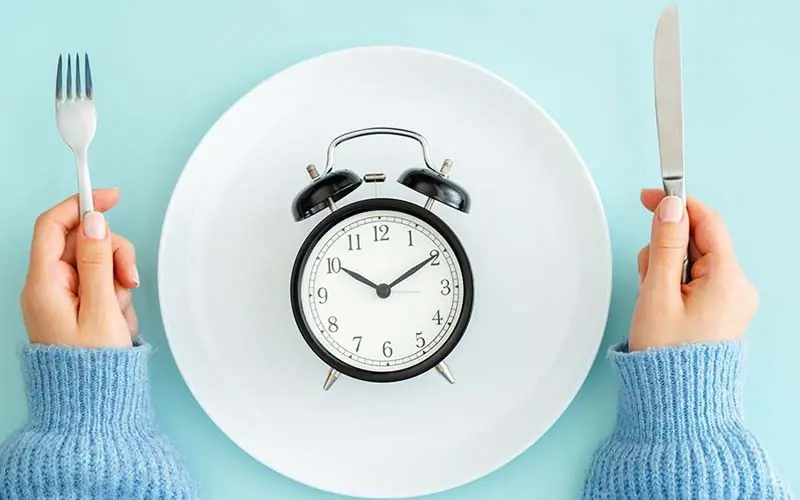
Who should never skip dinner
Dr. Sunil strongly advises against skipping dinner for certain groups:
-
Children and teenagers, who need steady energy for growth and learning.
-
Elderly adults, who are more vulnerable to nutrient deficiencies.
-
People with diabetes or hypoglycemia, since it can dangerously drop blood sugar.
-
Athletes and active individuals, whose energy demands are higher.
The bottom line
Skipping dinner for a month might help you shed a few pounds initially, but the cost could be much greater than the benefit. Your metabolism may slow, your muscle mass could decline, and your energy might plummet — all signs your body is struggling, not thriving.
If you want to try time-restricted eating, experts recommend a balanced approach: eat earlier dinners instead of skipping them entirely, include enough protein, fiber, and healthy fats, and make sure your total nutrient intake meets your body’s needs.
Consistency, balance, and moderation — not deprivation — remain the true foundation of sustainable health. 💪
News in the same category


Whitmore's 'flesh-eating bac.teria' cases increase: Who is vulnerable?

If You Notice These Two Little Holes on Your Back, It Means You’re Not… Tap to Discover

If You Find This Insect in Your Home, Here’s What It Means

Doctors Reveals That Eating Apples Causes

What are the health consequences of dehydration?
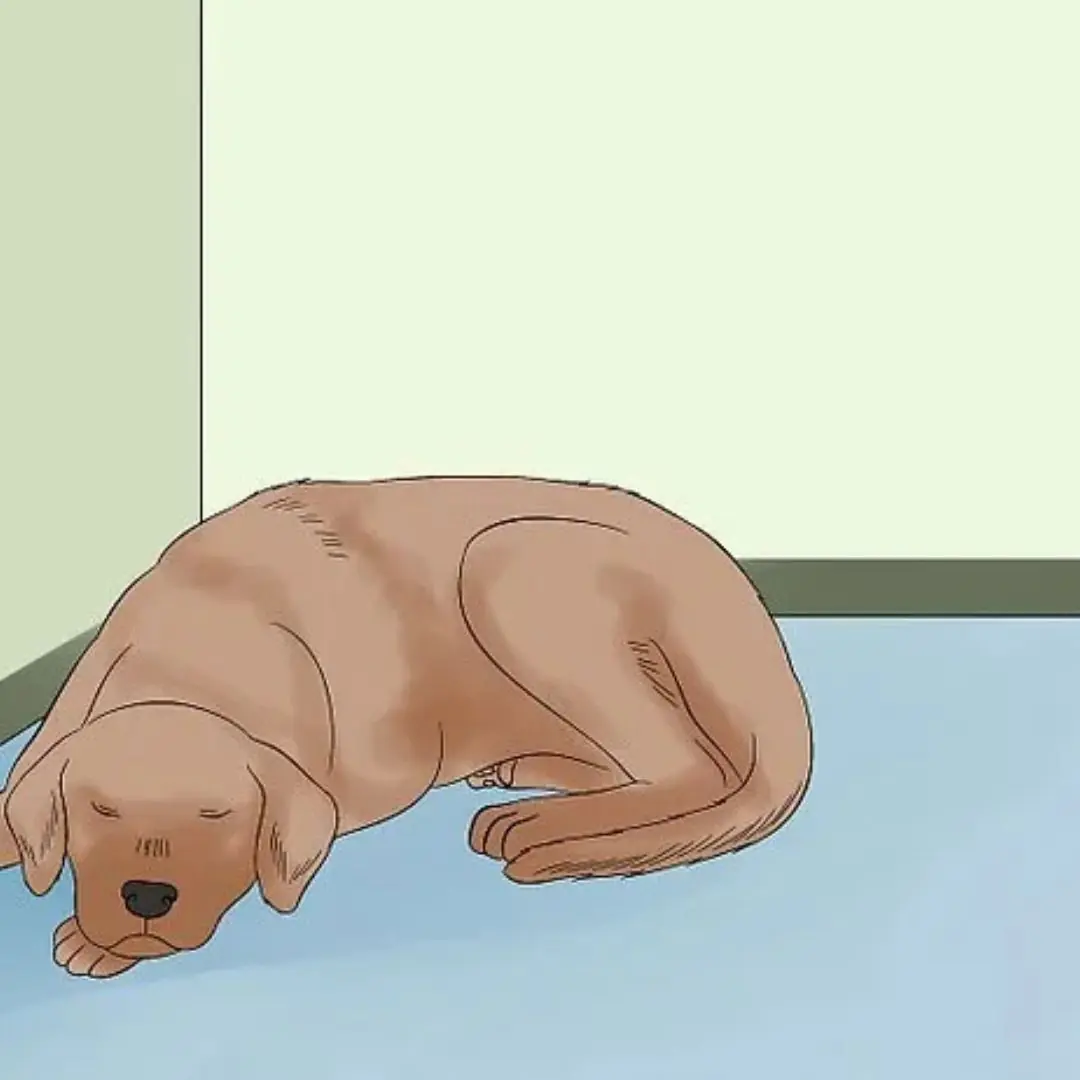
Heartbreaking but Important: Subtle Signs Your Dog May Be Nearing the End of Life

Put a piece of garlic in the middle of the tree, it has great uses, everyone will want to do it

Save a Ton of Electricity Just by Pressing One “Special” Button on Your Washing Machine — Many People Use It for Years Without Knowing

Why Do Flight Attendants Choose to Stay at a Hotel Instead of Going Straight Home After Landing?

Cardiologist answers questions about clip instructing stroke check with finger that has millions of views on social networks

Many people think it's for decoration!

What it says about your relationship when your partner sleeps with their back to you

When Someone in the Family Passes Away, Never Throw Away These 4 Things at Their Funeral

If you hear ringing in your ear, this is a sign that you will suffer from...

When a cat rubs against you, this is what it means

Why do dogs often chase strangers
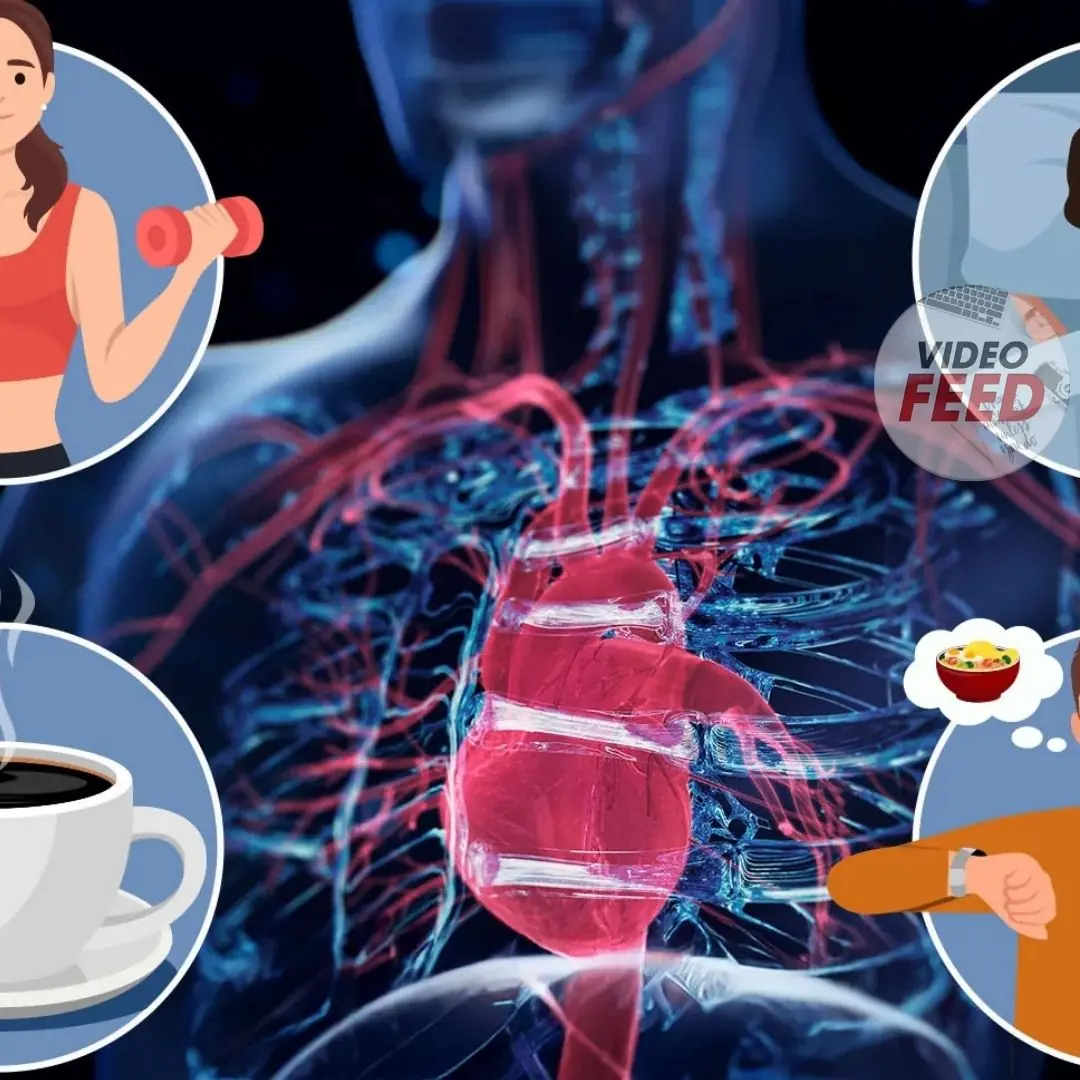
5 bad habits that increase the risk of str.oke at night

The Silent Mystery of Seat 11A: From the Most Hated Spot to a “Lucky Charm” That Saved the Only Survivors of Two Air Disasters

Doctor’s note: 4 fruits you should limit due to potential health risks, even if they seem affordable.
News Post

DANGEROUS COMPLICATIONS OF PULPITIS

Butter Steak Bites with Mashed Potatoes & Glazed Carrots – A Comfort Plate With Serious Flavor

What causes black thorn disease?

Baked Sweet Potatoes with Garlic Butter.
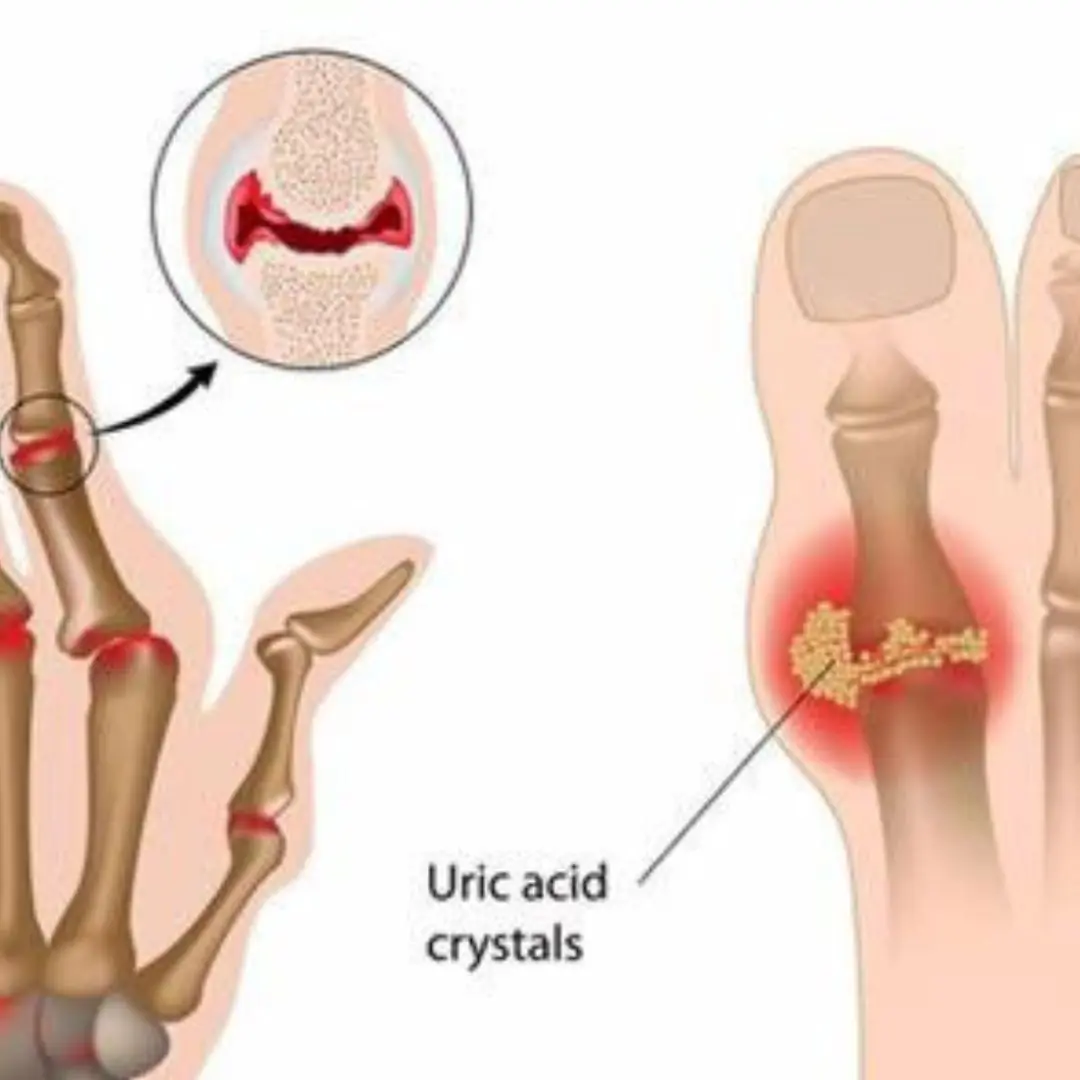
The #1 Drink to Reverse High Uric Acid and Gout — Backed by Science

If You Wake Up With These 4 Morning Symptoms, Sorry — Your Kid.neys May Be in Trouble

Drinking Coffee at the Wrong Time May Harm Your Heart:

Cardiologist reveals 3 drinks that help control blo.od pressure

A single ingredient to combat bone pain, diabetes, anxiety, depression, and constipation

Okra is great for your health, but not everyone reacts to it the same way

So this is why our electricity bills have been so high — we’ve been wasting power for ages without knowing!

Your feet can reveal important warning signs about circulation and nerve health

Whitmore's 'flesh-eating bac.teria' cases increase: Who is vulnerable?

Are kidney cysts really benign? Experts warn of signs that should never be ignored
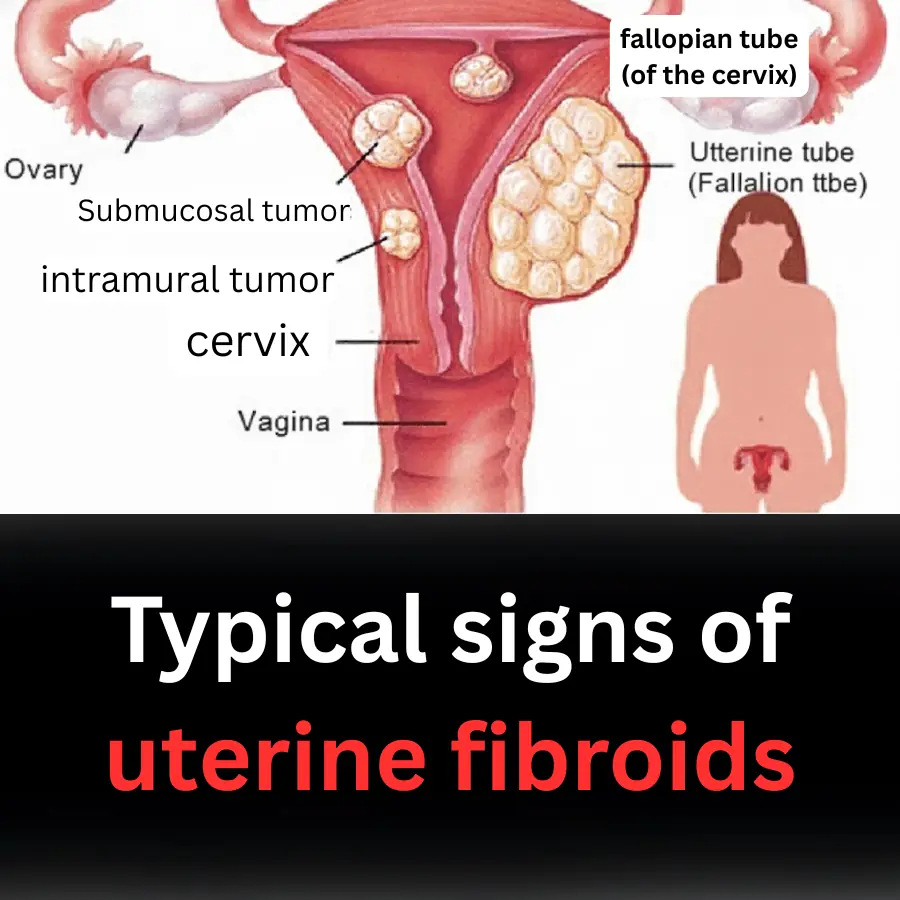
Typical signs of uterine fibroids

The More You Eat This Vegetable, the Cleaner Your Arteries Become: A Stroke-Prevention Secret Many People Overlook!

Age Spots and Selenium: How This Powerful Mineral Can Help Fight Sun Damage Naturally

A 12-year-old boy loses 12 teeth at once due to a common habit among children

Warning: A Common Daily Habit May Be “Inviting” Liver Can.cer — Many People Know It, Yet Still Do It
